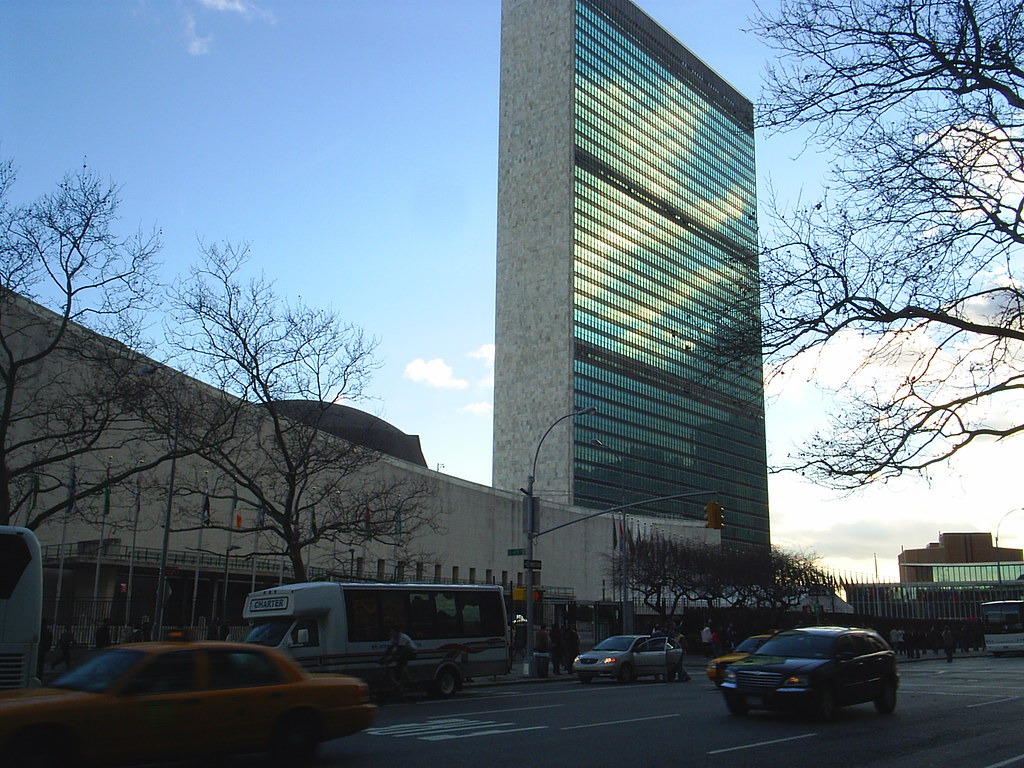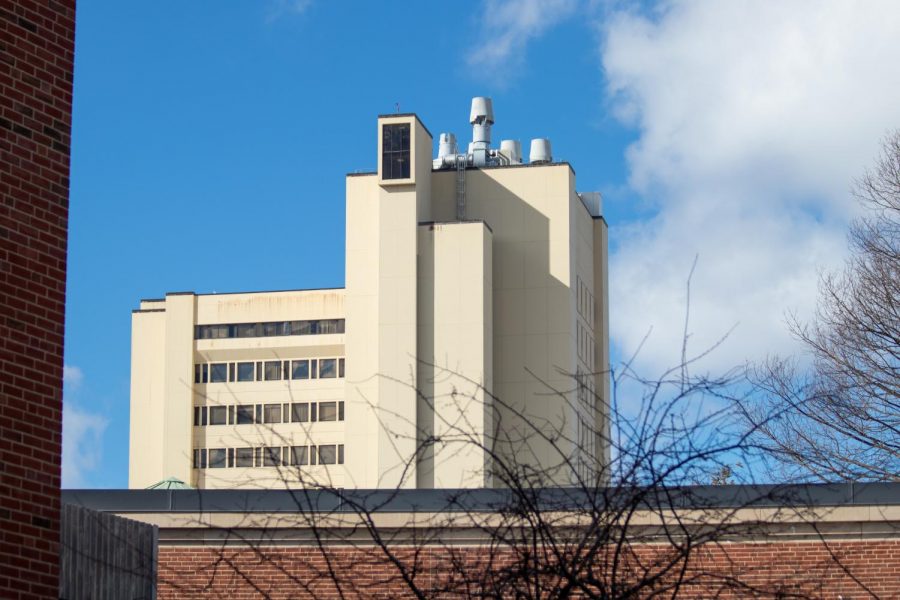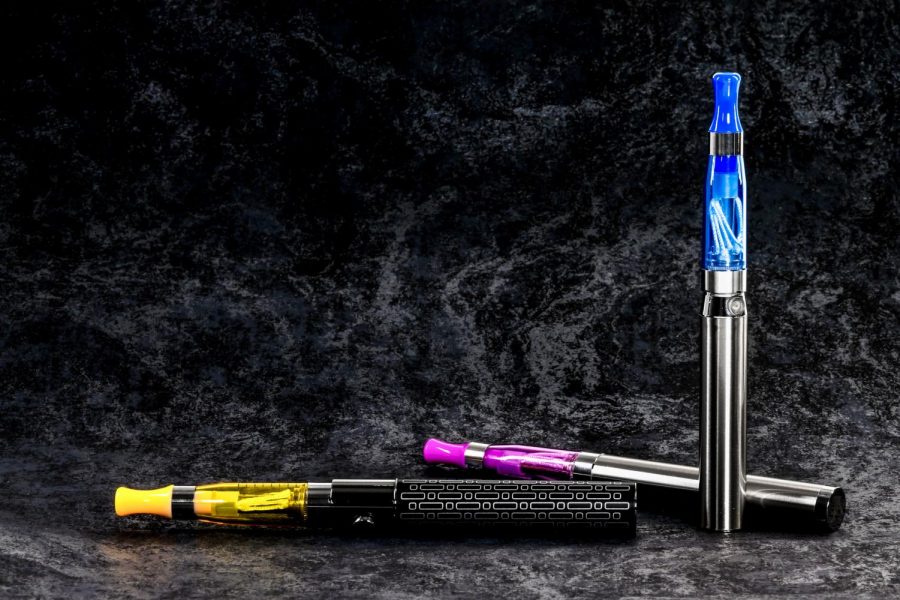You know those lovely super food stores that stamp that ridiculous, pastoral green sticker on your apples? They’re taunting you. They are screaming, “Uninformed citizen, please give us money so we can screw you over!”
Don’t get me wrong, I completely endorse the organic lifestyle. I enjoy knowing that chickens aren’t swimming in their own feces as much as the next guy, but what I don’t comprehend is how the United States Department of Agriculture does not properly do its job.
It’s a federal executive department. Its purpose: To make sure that policies on farming are enforced so that we ingest safe food, the environment isn’t tampered too much, those who are hungry are fed, farmer’s rights remain intact and production is stimulated. Those should be their only concerns.
Here is its clever marketing scheme: First you, the vulnerable shopper, will see products like Bear Naked, Wholesome & Hearty, Kashi and immediately jump to these so-called ‘organic brands.’ Kellogg’s, a food corporation, owns all of these brands and uses their line of ‘healthy products’ to convince you all others are not up to par.
Once you are satisfied by one of these products, USDA organic food becomes your go-to. My best bet is that all of your money that is invested into these products then goes into buying other organic companies, most likely a small one that actually cares about their food, and is working to change the ‘rules’ that the government is supposedly enforcing.
A prime example is the USDA’s miraculous exoneration when it comes to lawsuits against falsely labeling products as organic. If it were up to me, CEOs of such corporations would be stripped of their position and thrown in jail. In fact, I’m sure the staffs are laughing at the “internal investigation” by the agency’s inspector general in 2008 when those companies – the names of which were not disclosed – who were selling organic food did not live up to federal government standards. They made $24.6 billion that year, which leads to me the question: How much of that was honestly earned?
Mislabeling doesn’t end there. According to the Electronic Code of Federal Regulations, under section 205.301, titled “product composition,” products sold under the label ‘organic’ cannot have any less than 95 percent of organic ingredients.
Then how do herbicides like ammonium nonanoate get approved for the National List of Allowed and Prohibited Substances by “General Mills, Campbell’s Soup, Organic Valley, Whole Foods Market and Earthbound Farms,” which are trying to vamp up the organic market? As of now, 250 non-organic substances are on that list, which makes it safe to say that of those ingredients, a little more than 95 percent of the product is inorganic.
Not to mention, they also make it near impossible for the true organic businesses to use the label “organic.” To certify a farm, you have to fulfill all of these requirements on top of your everyday operations: Study the organic standards, modify any production methods that do not comply with standards (modifying facilities, changing supplier, etc.), document extensive paperwork on the current set-up of the farm with tests of soil/water, submit an “annual production plan,” be ready for inspections that include interviews and an examination of records and finally cough up a certification fee. I personally would not want to go through all of that for one label.
But in the end, the consumer can only do their own research to determine whether an item is truly organic. If that item is dubbed as such, then yes, it is worth the money. Not only are you helping the environment, but you are also ensuring healthy soil, biodiversity, clean water and strong local economies. Yet it seems, according to the lack of government enforcement as to what qualifies as ‘organic’, all these benefits are entirely rare.
If we are so in love with the truth behind organic labels, why don’t we just grow the food ourselves?
Alexa Jones is a Collegian columnist. She can be reached at [email protected].



















Judy Klinkhammer • Nov 11, 2012 at 8:16 am
So! Are there any labels that are really organic? I’ve been trusting “Organic Valley” for quite some time. Ugh.
I understand growing a garden and buying locally grown foods as much as possible. But beyond that?
Judy